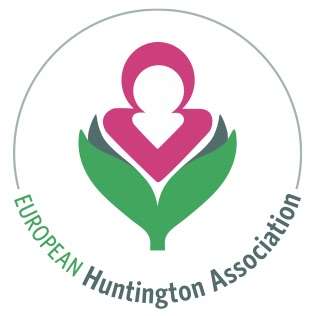When the groundbreaking results of the Huntingtin lowering trial, IONIS-HTTRx, was announced the European Huntington Association travelled to Basel to meet Roche Pharmaceuticals. Roche have taken over the trial and is now planning the next step.
Roche have put together their own team of around 20 people that are working on the Huntingtin lowering trial. The team is currently planning the next phase of the trial.
What is the next phase?
The groundbreaking results announced in December 2017, regarded a so-called Phase II trial. That is, a safety trial in a smaller number of patients. This phase is carried out to test potential side effects of a drug. In the IONIS-HTTRx trial 46 people received the drug.
This was the first Huntingtin lowering trial in humans. The results further showed that the drug was safe and well-tolerated.
The big fuzz was however about an additional result: the drug showed to actually lower the level of the disease-causing protein Huntingtin.
Because an ‘overproduction’ of Huntingtin in the brain causes Huntington’s Disease, it is easy to conclude that a lowering of the harmful protein will slow the progression of the disease. But this is ‘only’ a theory and theories need to be tested.
Phase III
That’s why the Roche team is planning a Phase III of the trial. This phase is all about the effects and is carried out in a larger number of participants. In other words, the specific outcomes of the drug get measured. For instance: are the symptoms improving? In what way? For how long is the onset of the disease prolonged and so on.
In Basel, the Huntington’s Disease Society of America (HDSA), EHA and Roche discussed how we – as Huntington associations – can assist in the upcoming phase. EHA will support the participants in any way we can and “Encourage them to do this job for us, for some people do this job for all of us,” Astri Arnesen said in an interview this Christmas.
Next step
In February Roche will meet representatives from HD-COPE, the Huntington’s Disease Coalition for Patient Engagement. Here people directly affected by the disease will be able to share their thoughts and needs in the upcoming phase.
